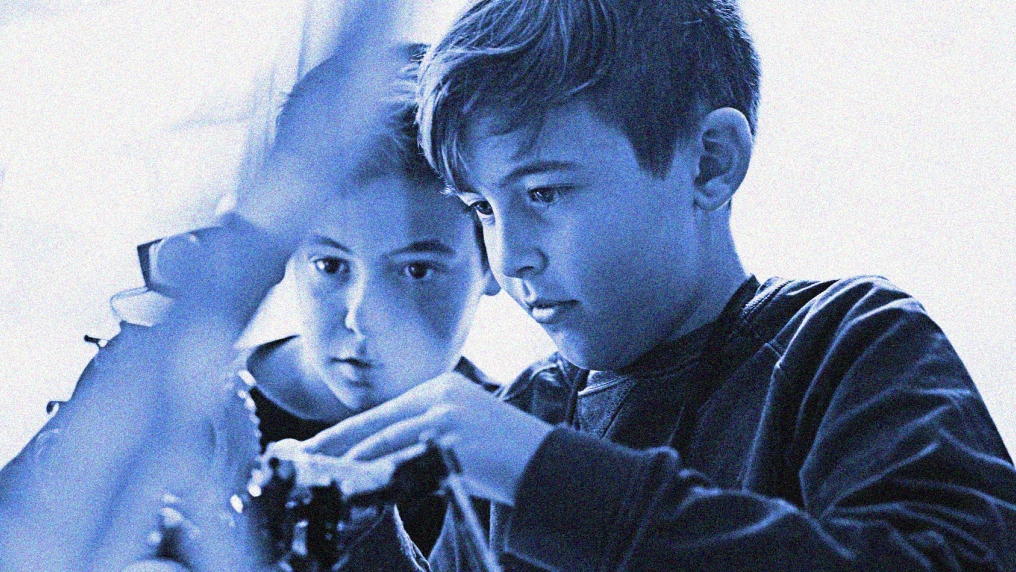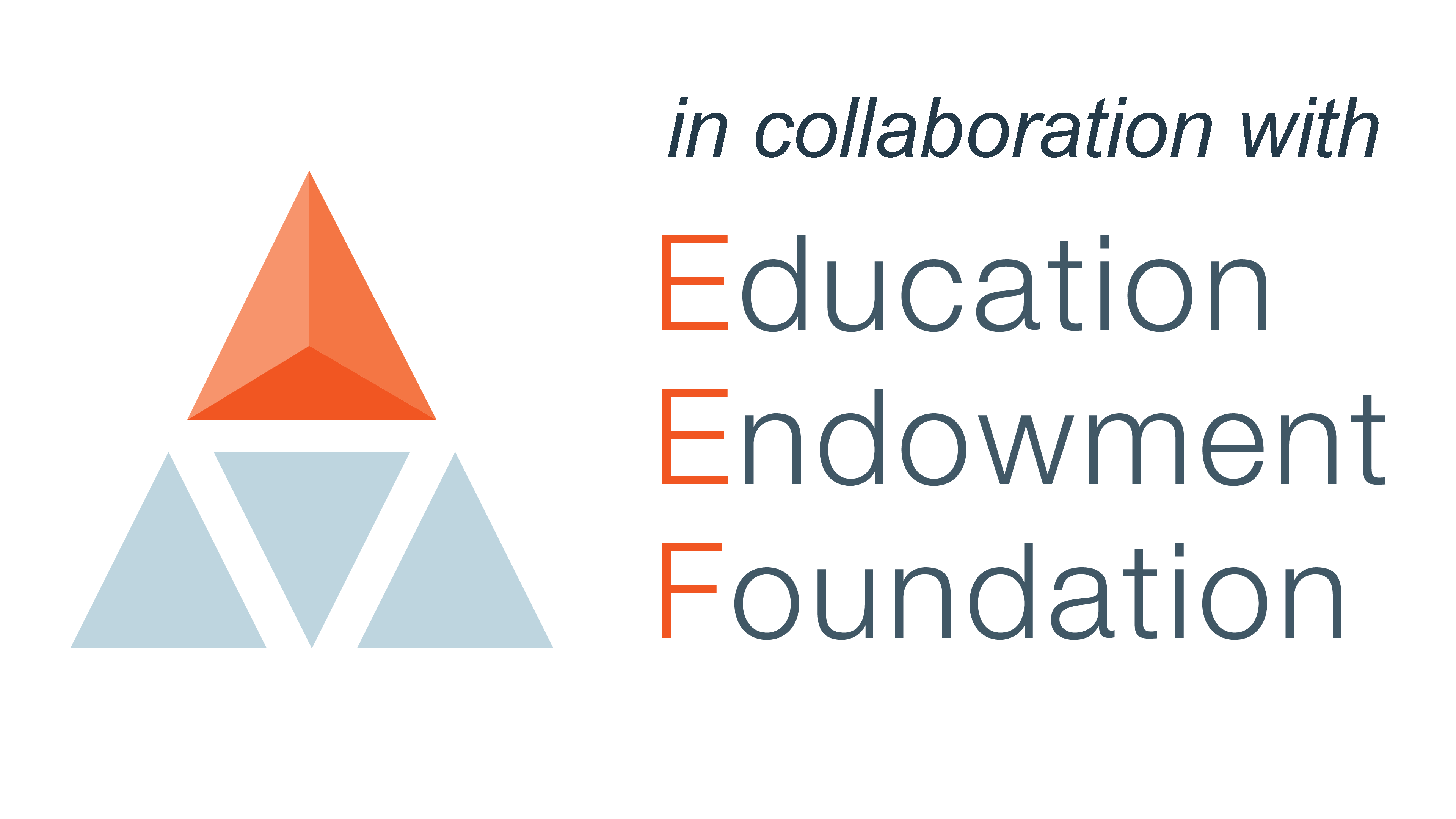The EEF view: what are the implications for education research?
Peer review is an important part of quality assurance in any field but its exact role depends on the nature of the research.
Some key things that peer review examines include:
- Errors in data analysis.
- Methodological rigor and “warrant”.
- Contextual information, such as missing references or the omission of similar papers in the field that should form part of the discussion.
- The security and validity of conclusions in relation to the study design and findings.
- Transparent consideration of research limitations.
In extreme cases, reviewers might identify cases of academic fraud.
Peer review is often a gateway to publication in academic journals - with reviewers also commenting on the value of the research to the field.
Outside of academia, other organisations that publish research use peer reviewers to improve the quality of their research outputs. The Education Endowment Foundation (EEF), for example, uses peer reviewers to independently assign “padlocks” that rate the quality of the trial and the robustness of its findings to support teachers’ decision making.
Peer review, however, is not perfect. While funders often pay for reviewers’ time, academic journals usually do not - and it is sometimes hard to find experienced researchers who have the time to engage with research at the depth required for a high-quality review, or with the relevant expertise for any particular project.
Peer review is an important part of quality assurance but it will only ever be as good as the time and expertise given to each review.





